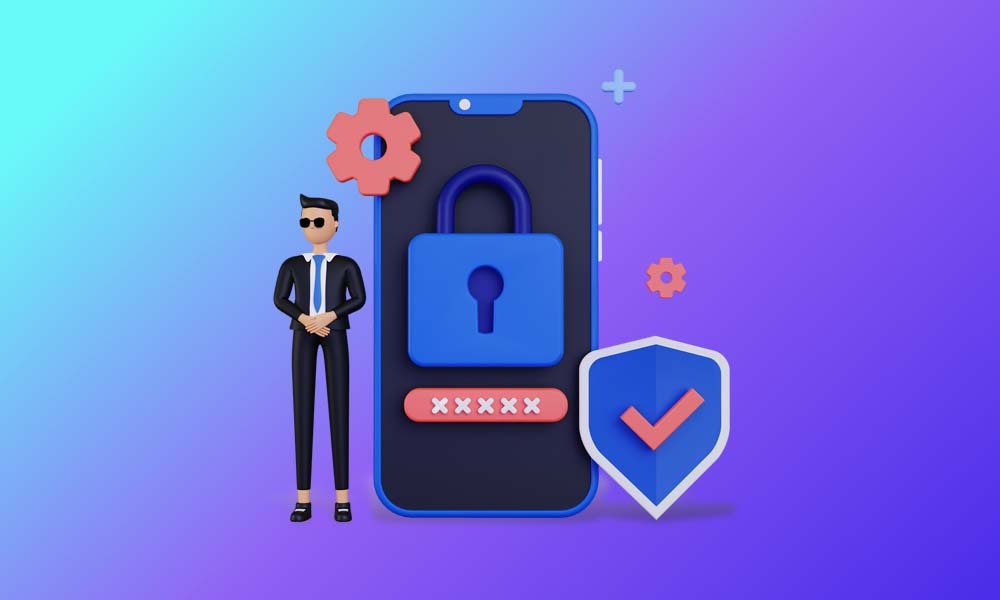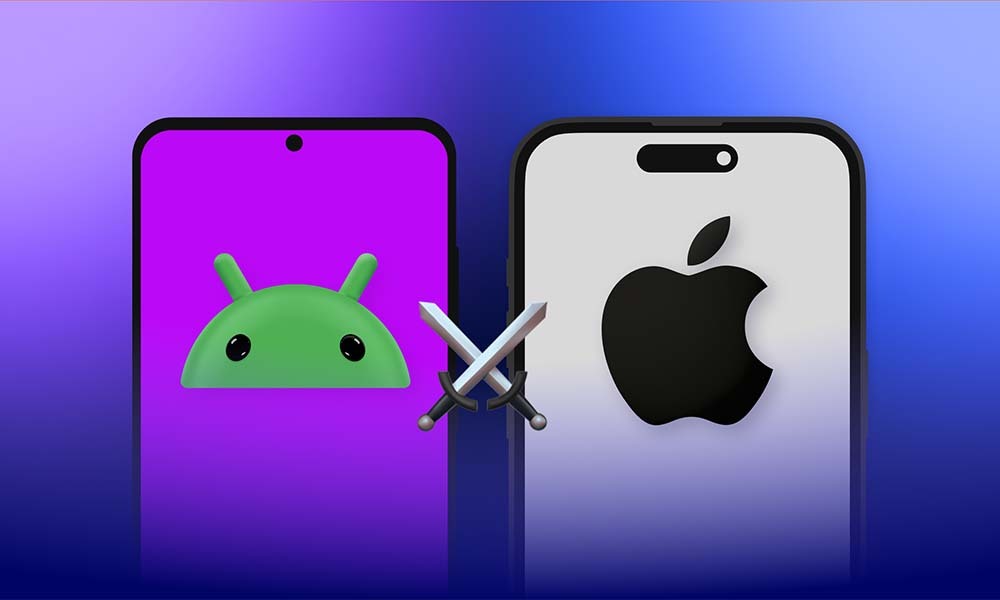
In today’s time when application usage is at an all-time high – as statistics show, more than 88% of time is spent in apps on average – robust mobile app security is paramount. From banking and life management to networking and communication, applications are an essential part of almost everyone’s lives in one way or another. So, if you think about it, there is data everywhere ready to be stolen, unless proper security measures are integrated.
Now you may ask; dear The Apptitude team, why are you emphasizing this much on top-notch mobile app security? Well, dear readers, cyber threats are evolving at a massive pace, and if you didn’t invest in cutting-edge mobile app security, it is just waiting for the end to come.
So, if you don’t want that, this blog is for you. We will discuss just what mobile app security really is, what types of things can haunt your app and users in the dark, and what can you do about it.
What Should You Know About Mobile App Security?
Mobile app security refers to the measures and practices to protect your mobile applications from different online threats and vulnerabilities. This saves the data app deals with, the processes it involves, and the communication channels. It is an essential part of the app development and maintenance phase, and it helps safeguard sensitive data, maintain user trust, and ensure the integrity of the app.
Types of Threats to Worry About
The following are the major types of mobile app security threats you must absolutely worry about and prepare beforehand.
1. Data Breaches
A data breach means someone has unauthorized access to your sensitive data files. Often, it happens because of vulnerabilities or loopholes in the security systems.
2. Data Theft
Data theft happens when someone intercepts and hacks their way into the communication lines between the user and the server. The person can either steal your data or manipulate you.
3. Unauthorized Access
Unauthorized access is when someone wrongfully gains access to your app or the data. It means the authentication is not proper and weak.
4. Malware Attacks
A malware attack means someone has used malicious software or files to inflict serious damage to your app, data, or server. It can be done through many ways, like email links or files, etc.
Importance of Mobile App Security
There is no doubt that top-notch and robust mobile app security is highly essential in today’s age and time. Doing so, not only keeps your data safe but also keeps stalkers and hackers at bay, away from your user’s personal and payment data, credentials, and everything else.
1. Data Protection
Strong mobile app security helps protect your own, app’s, and user’s data and information. It defends the whole system against possible and probable attacks that may happen, including identity theft and financial fraud, to name a few.
2. Trust Building
High-end security is a necessity that every user needs and demands. If your app and brand offer that to the fullest extent, it gains the trust of the user, helps make more loyal customers, and ensures long-term success.
3. Laws & Regulations Compliance
There are several laws and regulations that govern the implementation and use of robust security measures in different industries (more in some than others). These could be from GDPR, HIPAA, and PCI DSS. Therefore, it is necessary to meet the respective body’s guidelines and avoid legal troubles.
4. Loss Prevention
Security breaches and malware attacks not just damage and steal data, but also cause significant financial loss, and may also lead to lawsuits and defamation. This is because it is not cheap to restore things back to order while dealing with legal issues and related costs.
7 Best Practices To Achieve Robust Mobile App Security
Now that the initial concept of risks and optimum security is clear, it is time to move to how you can ensure top-notch mobile app security. Here are the best practices we catered for you after a lot of research and brainstorming – we know it will help you.
1. Secure Code
This means focusing more on security as well in addition to the overall UI and UX. You must take extra precautions and test security at every major stage of the app development journey. This means ensuring optimum authentication, authorization, encryption, security testing, and runtime protection.
2. Data Encryption
Strong data encryption helps protect the data and information your app deals with and interacts with. This includes both, the data at rest and data in transit. This prevents unauthorized access and data interceptions, and keeps hackers at bay, even if something happens to the device or communication network. HTTPS and TLS are good options to choose from.
3. Strong Authentication
Essential authentication and authorization methods are highly crucial. Some examples include strong password requirements, multi-factor authentications, one-time password policies, and fingerprint or facial recognition technology authentication. This ensures only the authenticated users get to use your app.
4. API Security
Dedicated API keys are used by the backend servers to communicate with the third-party services. API security protects those keys through authentications, communications encryption, and access regulation.
5. Regular Testing
Regular monitoring and routine testing are essential to maintain optimum security, prevent attacks, and have countermeasures in place in case something slips through the cracks. The different types of security testing include Static Application Security Testing (SAST), Dynamic Application Security Testing (DAST), and Interactive Application Security Testing (IAST). This helps protect everything, from payments, API keys, passwords, and sensitive information of users and the brand itself.
6. Incident Management
Even the most secure systems and applications can get compromised because the level of threats and skills of hackers are improving rapidly. Although staying ahead of the trends and regular maintenance saves the day most of the time, having a contingency plan is important, just in case the day gets dark. It will help prepare beforehand for suspicious activities, security breaches, and malware attacks and minimize the impact, damage, and loss.
7. User Education
Lastly, it is always beneficial to keep talking about the insights and knowledge from the mobile app security industry. Share the information and news with the whole company as well as the users to educate them and ensure everyone makes their best effort to maintain optimum security and safety.
Final Takeaway
As the world is getting increasingly interconnected by the day, mobile app security concerns are also growing. As the number of mobile users rises, so do the threats and attacks. Therefore, essential security measures are necessary to protect data, information, and the app itself. Ultimately, it will help uphold the integrity of the app and maintain user trust.
Now, there are a few ways to do so. You can either hire individual freelancers for every stage or contact a reliable mobile app development company. The latter will get you everything in one affordable and secure package. An experienced company will have the knowledge and technicalities of mobile app development, especially security measures. They will help implement strong encryption, diverse authentication, provide routine maintenance, and update security patches.
In an ever-evolving world, high-end and robust security is the cornerstone of success. Get help, focus it, and integrate it into your app so it thrives for years to come.




